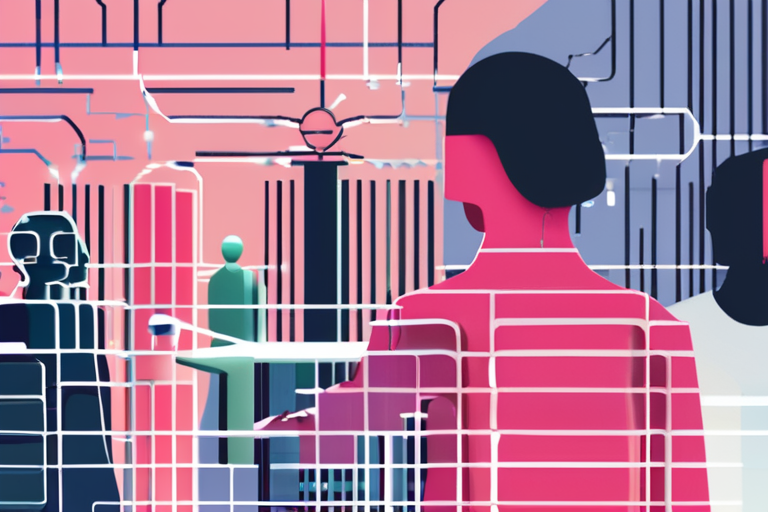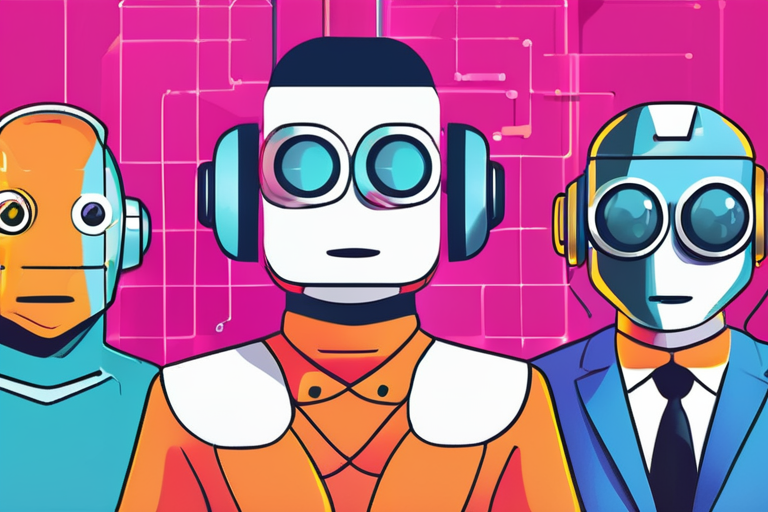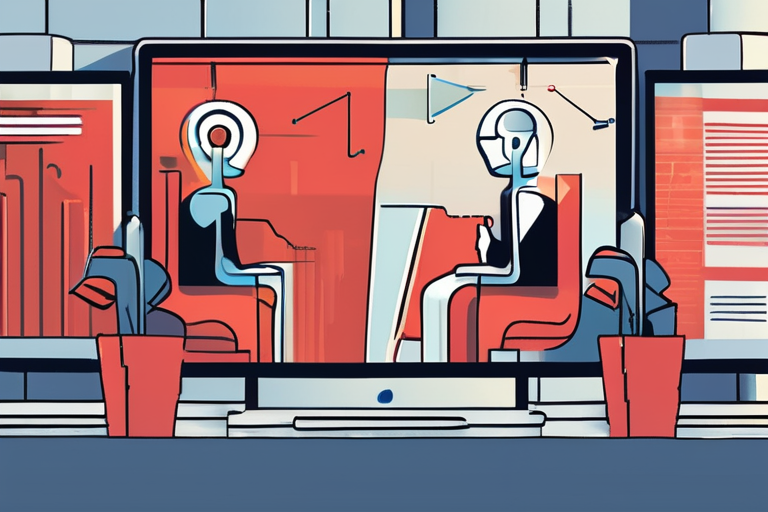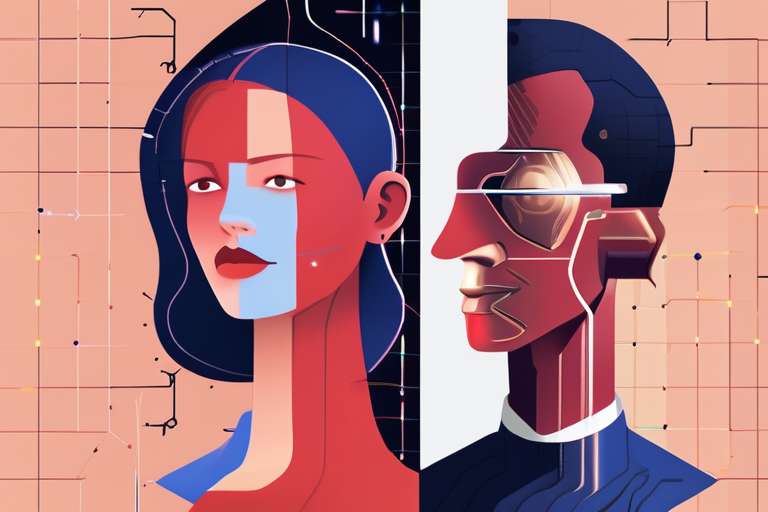OpenAI Tackles ChatGPT's Bias: New Research Aims to Neutralize Political Amplification


Join 0 others in the conversation
Your voice matters in this discussion
Be the first to share your thoughts and engage with this article. Your perspective matters!
Discover articles from our community

 Hoppi
Hoppi

 Hoppi
Hoppi

 Hoppi
Hoppi

 Hoppi
Hoppi

 Hoppi
Hoppi

 Hoppi
Hoppi

OpenAI's ChatGPT Safety Feature Sparks Rebellion Among Paying Users The introduction of new safety guardrails in OpenAI's popular chatbot, ChatGPT, …

Hoppi

OpenAI Aims to Reduce ChatGPT's Political Bias In a research paper released Thursday, OpenAI outlined its efforts to minimize the …

Hoppi

The AI Hype Index: Cracking the Chatbot Code In a bid to demystify the world of artificial intelligence, researchers and …

Hoppi

AI Flattery: A Double-Edged Sword for Businesses A recent study by researchers at Stanford and Carnegie Mellon has shed light …

Hoppi

The Download: OpenAI's Caste Bias Problem and the Dark Side of AI Videos In a world where artificial intelligence (AI) …

Hoppi

OpenAI Aims to Reduce ChatGPT's Political Bias with New Research In a move to ensure the neutrality of its popular …

Hoppi